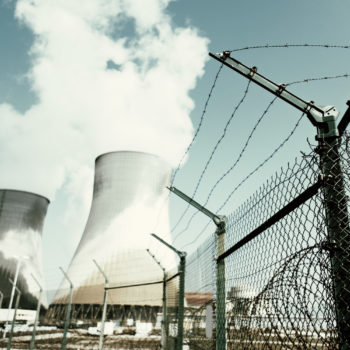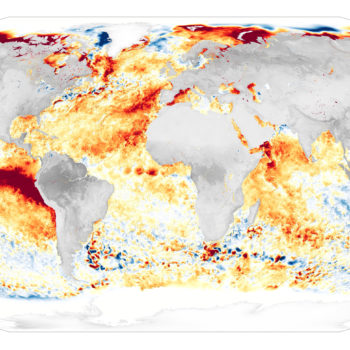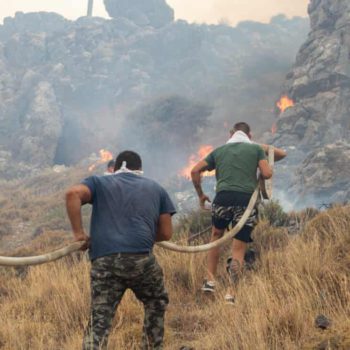|
|
As temperatures shatter records worldwide, it’s a potent reminder that climate change is an urgent global issue requiring action.
The world is currently experiencing an unprecedented heatwave, with regions like Death Valley in California and Phoenix in Arizona experiencing record-breaking temperatures, while European countries are starting to see some respite.
These extreme weather conditions, intensified by climate change, are increasingly leading to loss of life and negative effects on the environment.
Death Valley, notoriously known as the planet’s hottest spot, has seen temperatures soaring above 50 C (122 F) for several consecutive days, resulting in at least one hiker’s death. The inferno continued at Furnace Creek, where temperatures reached a sweltering 128 F (53.3 C).
Furnace Creek was the location of the highest temperature ever recorded on Earth, a scorching 134 F (56.7 C) in July 1913. Amidst the global warming crisis, such extreme temperatures are becoming increasingly likely, warned Randy Ceverny of the World Meteorological Organization.
Phoenix, Arizona, too, has been facing extreme heat, breaking its own record of consecutive days above 43.3C. The city is forecast to remain blisteringly hot over the coming days, with temperatures expected to reach about 5C above the seasonal average.
Heatwaves Subside, Typhoons Intensify, and the Rising Threat of Climate Change
However, across the Atlantic, the intense heatwave gripping southern Europe is starting to loosen its grip. Regions of Greece and Italy that have endured temperatures well above 40 C over the past week are forecast to see some relief as a cold front begins to push through the region, with temperatures predicted to drop by 10-15 C in Austria and the Czech Republic.
Meanwhile, in the western Pacific, Typhoon Doksuri is no longer a tropical storm and is expected to intensify, bringing significant rainfall to the northern Philippines. The storm’s potential path could range as far west as Hong Kong, but its most likely course is through Taiwan.
This global heatwave coincides with other extreme weather phenomena. In the US alone, heavy rains in Pennsylvania led to fatal flash floods, while concerns about landslides have risen in Vermont due to continuous rainfall.
Heatwaves, though less visually striking than other natural disasters, have proven deadly. Last month, heatwaves in parts of the south and midwest resulted in over a dozen fatalities. This extreme weather has served as a brutal reminder of the impacts of human-caused climate change.












